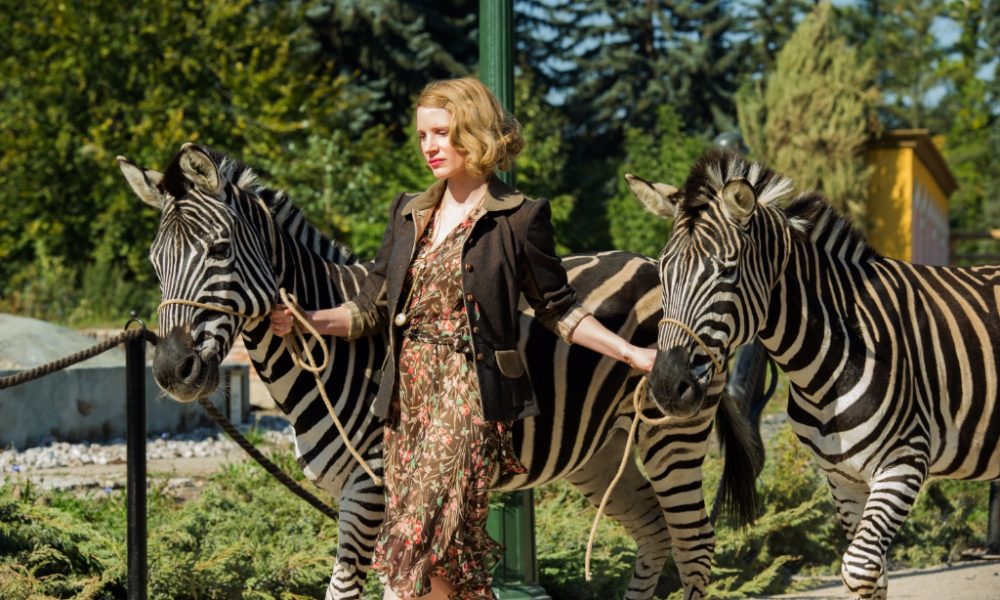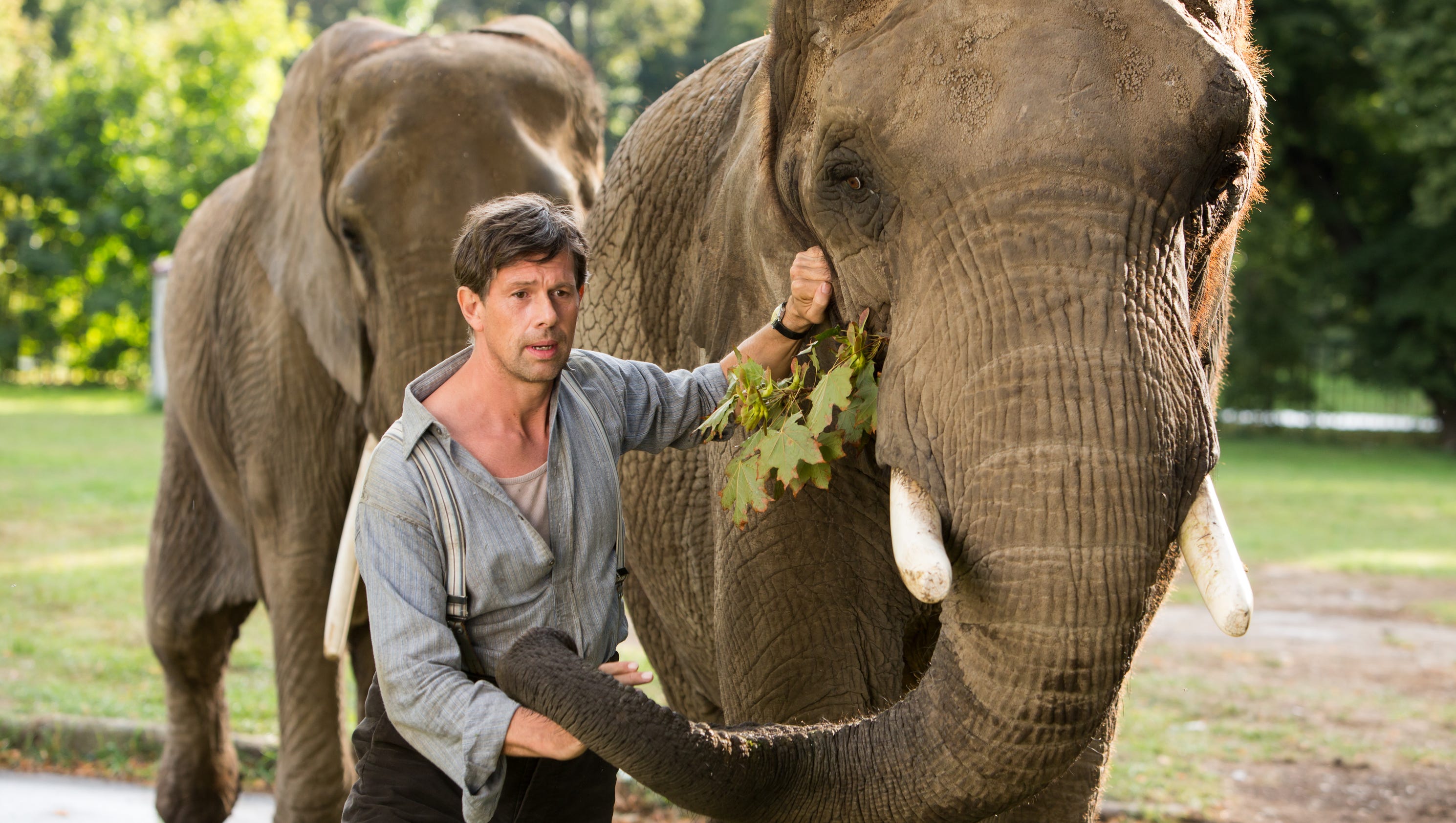

As her son, Rys, gets older during the war, he begins saying things like, “I know better than you do! These things aren’t for women.”Īntonina puts up with this treatment meekly. Jan does recognize her bravery after a particularly close call with German soldiers, but it is a rather backhanded compliment. Jan ruled the villa and the Guests couldn’t disobey him, but the atmosphere began to sour because, as a volatile dictator, Jan apparently made daily life tense by often yelling at Antonina, despite her efforts to please him. But her acceptance seemed to have negative effects as well: Her acceptance had all of the positive effects that are supposed to come when wives act that way. One of the most remarkable things about Antonina was her determination to include play, animals, wonder, curiosity, marvel, and a wide blaze of innocence in a household where all dodged the ambient dangers, horrors, and uncertainties.Īntonina embraced the traditional view of being a “wife,” and she was very good at it. She made the zoo a welcoming home to wounded and weary travelers. Over and over, we are told that Antonina didn’t just provide food and shelter. Those qualities were part of the reason so many lives were saved and so many people felt that the zoo was a safe haven for them. But Antonina’s story reminded me that not all wives experienced World War II like that.Īntonina valued “traditional” wifely roles like cooking and cleaning, and embodied traditional wifely virtues: hospitality, peacemaking, humility, sacrifice, and service. When I think of “wives” and “World War II,” I imagine it in my American context: Rosie the Riveter, Bomb Girls, women working in factories, growing in independence and status. In what way does this woman define “wife”-or in what was is she defined by “wife”?

As hard as it was to read some parts, I was very impressed by the book and highly recommend it.īut as part of the series, we’re particularly interested in how Antonina’s role as a wife was instrumental in this story. When the German blitz destroyed most of the cages and killed many of the animals, Antonina and Jan turned the old zoo into a stop on the Underground, smuggling Jews out of the Warsaw ghetto and saving hundreds of lives. In fiction-like prose, Diane Ackerman takes us into the life of Antonina Zabinski, a Polish woman who helped her husband care for the animals in the Warsaw Zoo before World War II. The Zookeeper’s Wife was a Literary Wives first for us: we branched out from fiction into non-fiction. Be sure to check out Emily, Cecilia, Carolyn, Kay, and Lynn’s reviews as well! This month we get to discuss The Zookeeper’s Wife as part of our Literary Wives series.


 0 kommentar(er)
0 kommentar(er)
